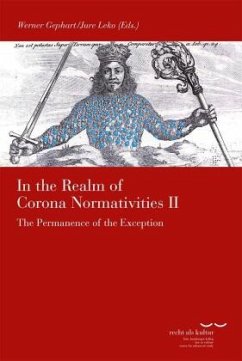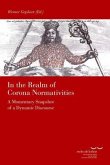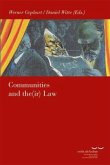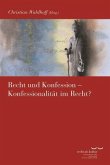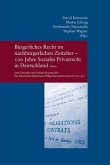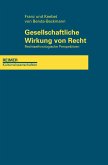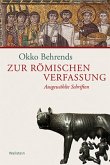Even this book cannot deny a certain "fatigue" with the subject of the pandemic in which we live: No one dares to predict when we will wake up from the current state, one in which our whole lives revolve around the virus. Homo politicus seems to be moved by nothing other than rehearsing to keep on the lookout; homo juridicus poses as a crisis manager; homo economicus tries to adapt its models of rational utility maximization to the new challenges; homo aestheticus suffers deeply from the lack of imaginary surpluses that catapult us beyond ourselves, as we remain caught in the profanity of illustrative aesthetics; homo religiosus asks a new the question of meaning for the faithful; and homo protestus invokes the figure of "civil disobedience" and an understanding of freedom that no longer knows how to distinguish between the right to harm oneself and the clear prohibition of harming others! As for homo sociologicus, homo historicus, and homo philosophicus: What standpoints on the"corona world" do they have to offer? How do they reflect the validity of contradictory, permanently changing normative orders in times of the Covid-19 pandemic? Against this back ground, the contributions to this volume from all over the world paint a picture of the "permanence of the exception".
Bitte wählen Sie Ihr Anliegen aus.
Rechnungen
Retourenschein anfordern
Bestellstatus
Storno

